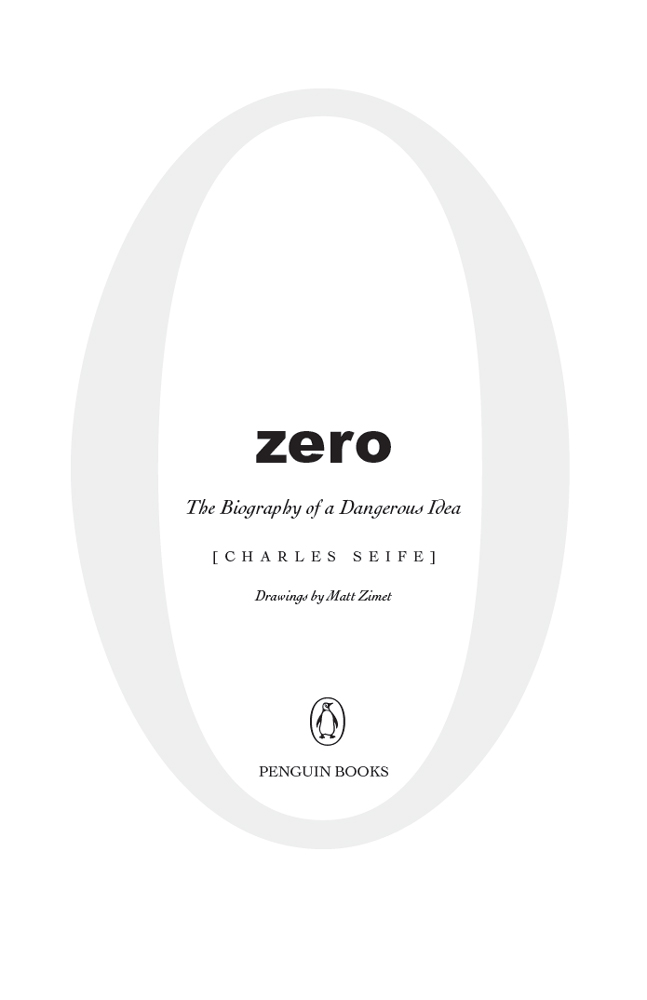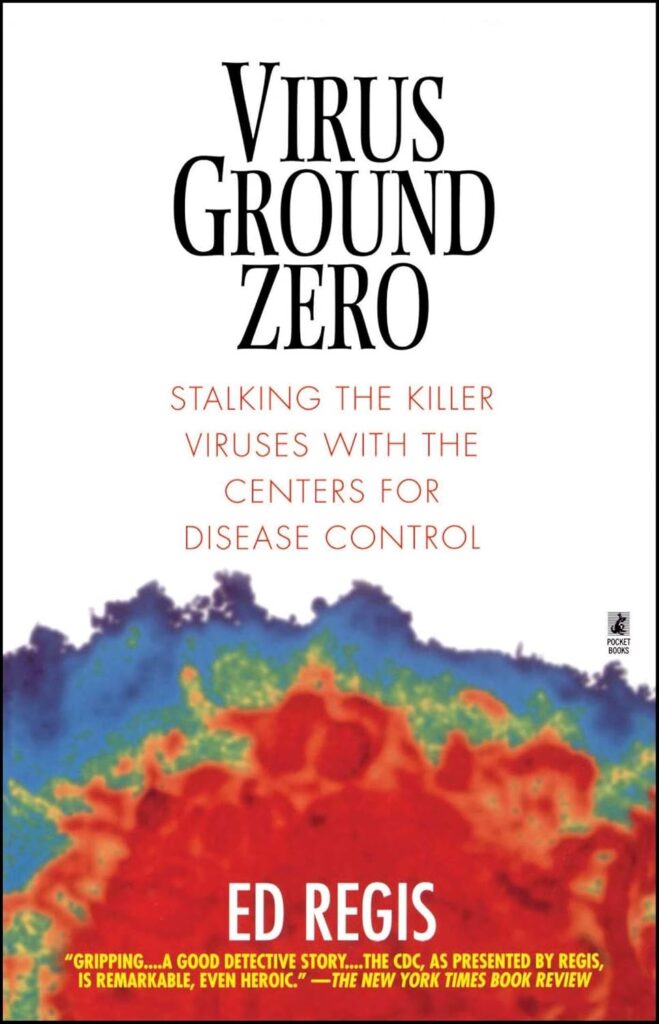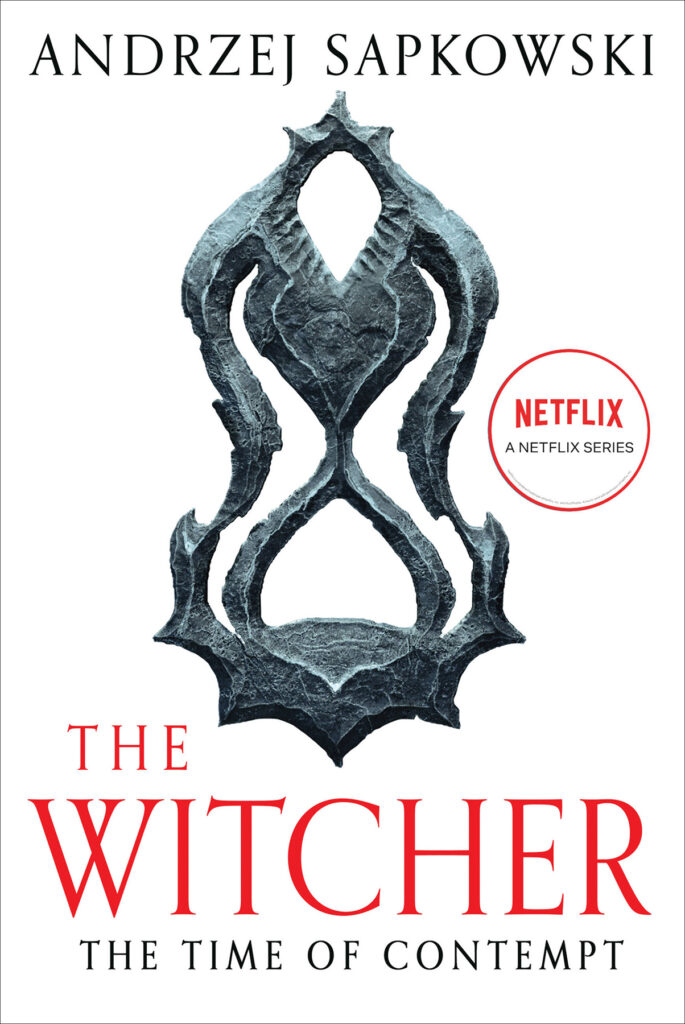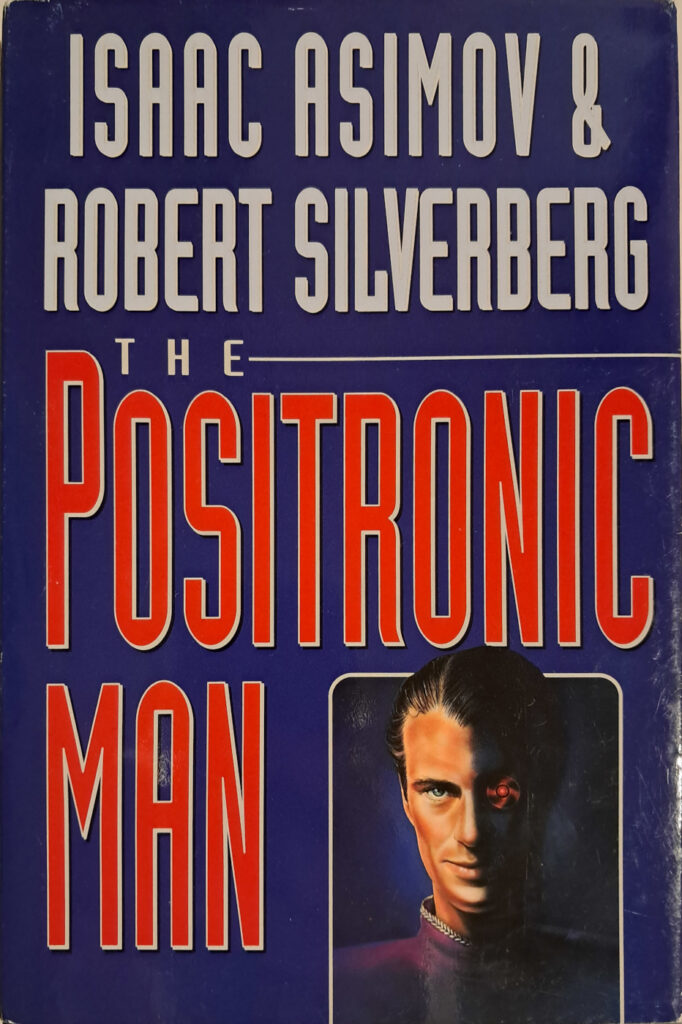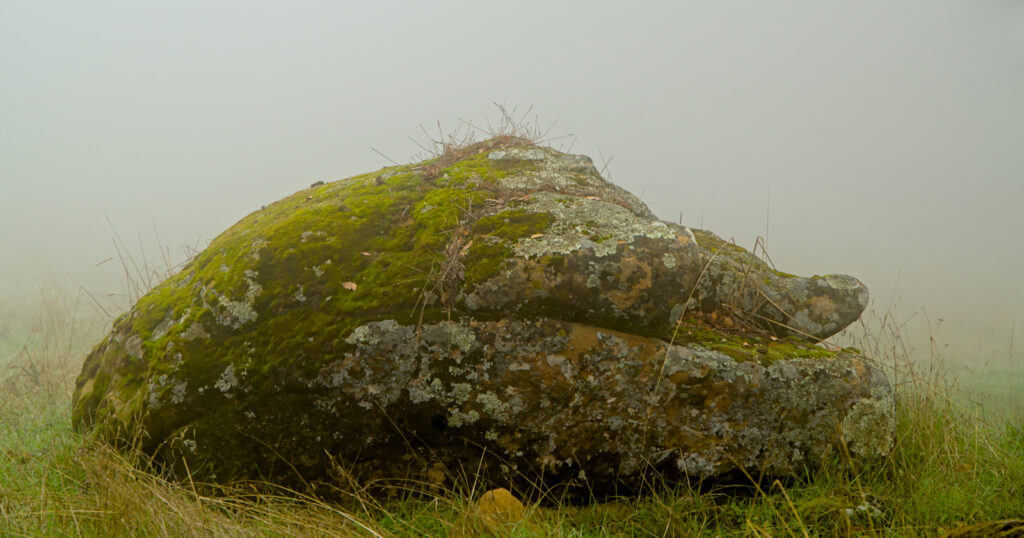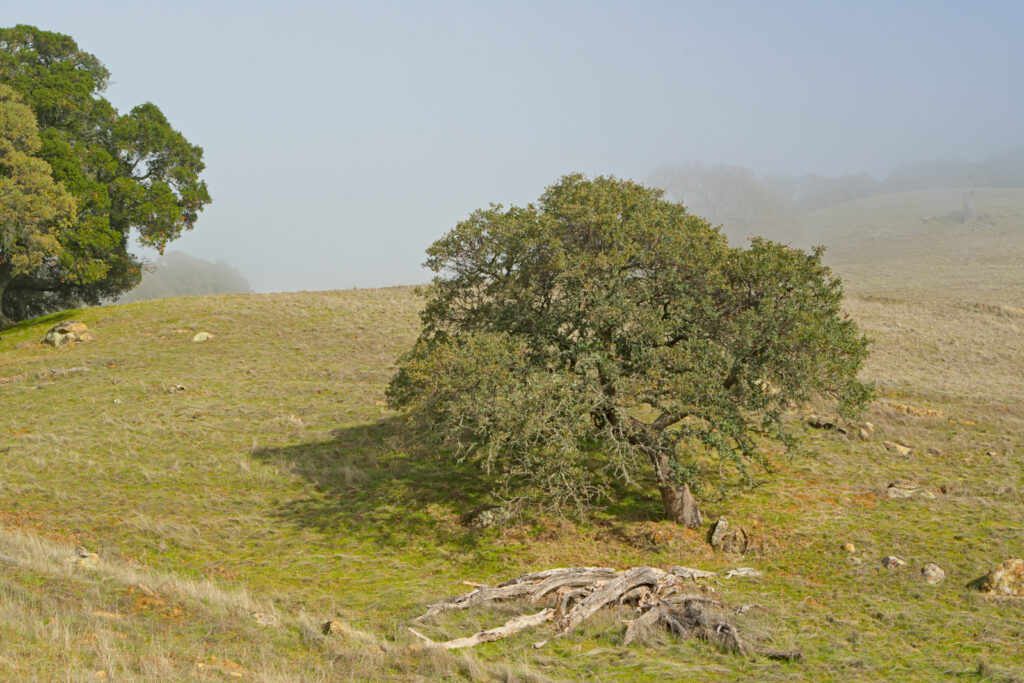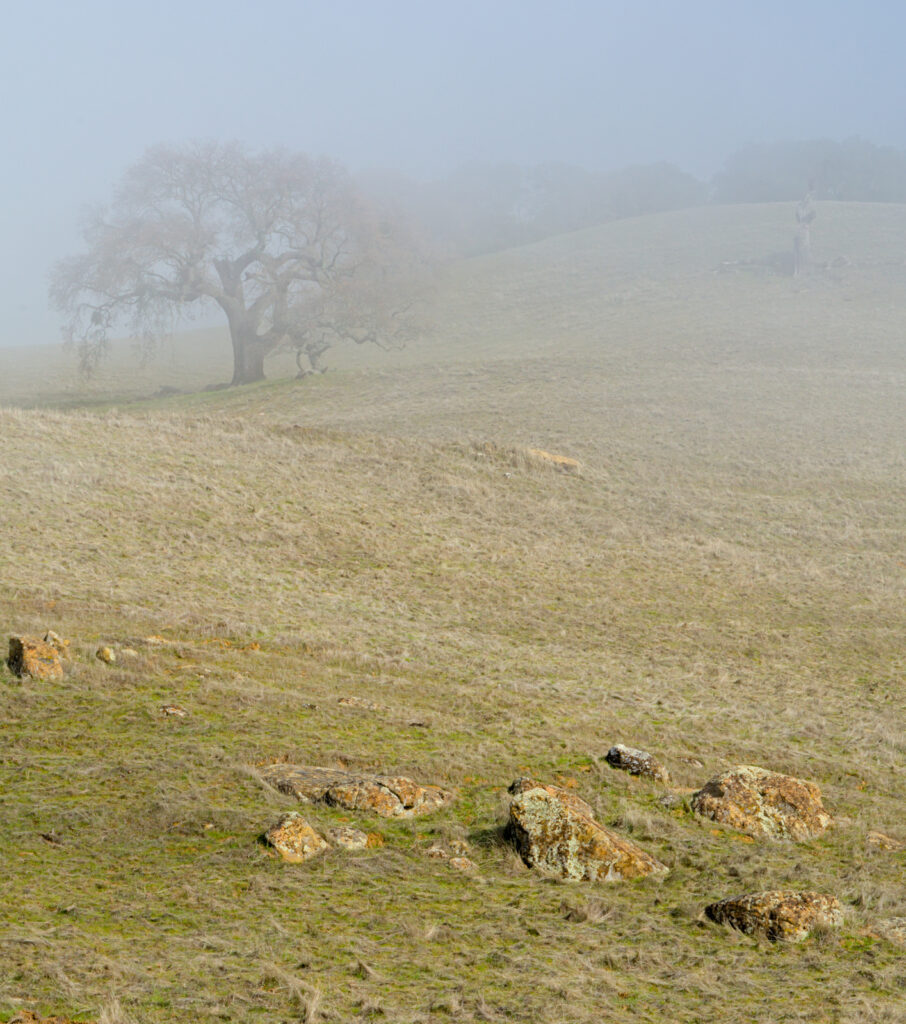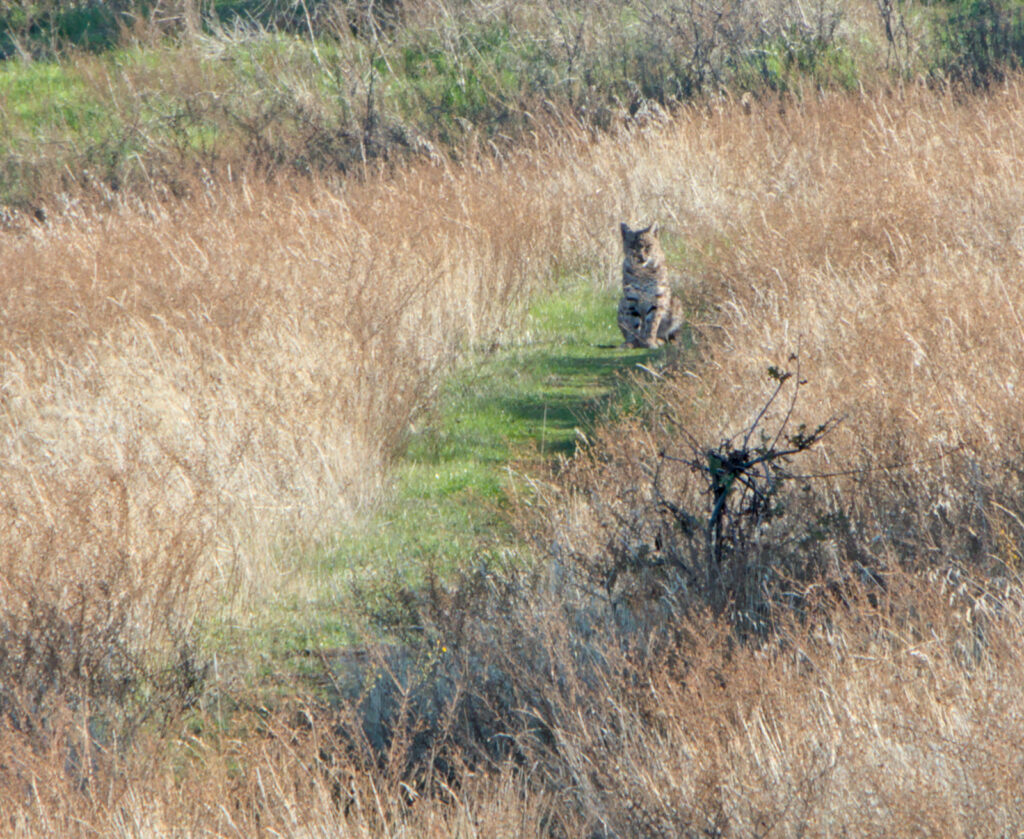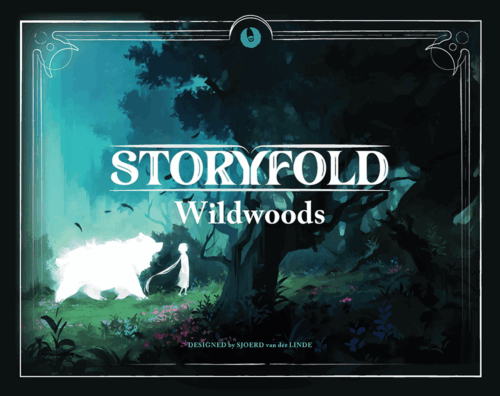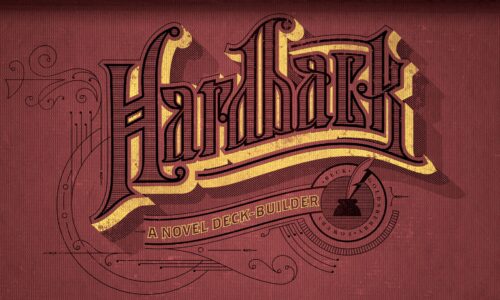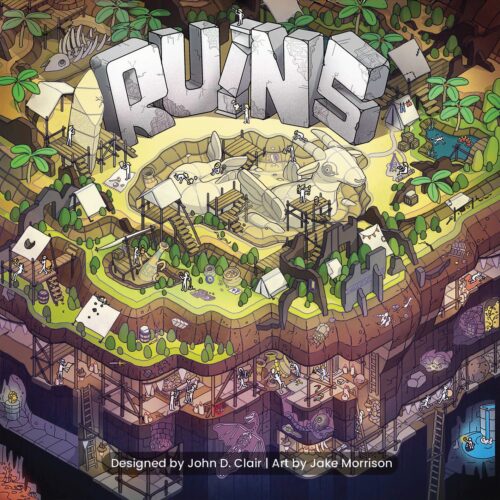Got a couple of new games this month, some simple card-based games that are quick to play.
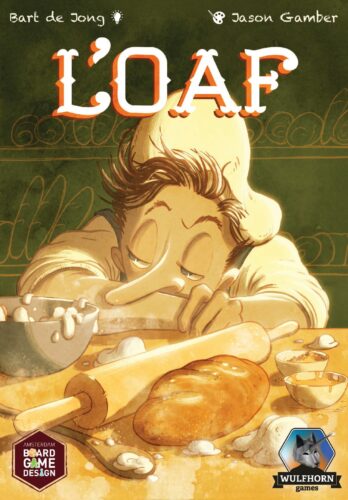
First up is L’oaf, which is just a fantastic name for the game. The premise is that the players are team of bakers in a French boulangerie. But, none of you _wants_ to be a baker and this is just a temp job. So your goal is to do as little work as possible without getting fired. Each day the boss sets a production quota for the team. Each baker privately selects how many loaves of bread they will bake. Then you reveal your choices and see if the quota is met. Bakers earn or lose reputation based on their efforts and the boss’ mood. Whomever does the least amount of work while still remaining in the boss’ good graces wins. Played 4 times. Won 3.
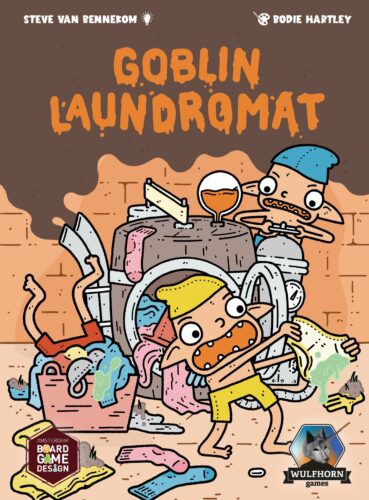
The second new game is Goblin Laundromat. The players run a laundromat (individually) to clean the filthy clothes of adventurers. Clean the most laundry without taking on too many stains. This game is primarily a push-your-luck game with a memory component. I like L’oaf better. Played twice, lost both.
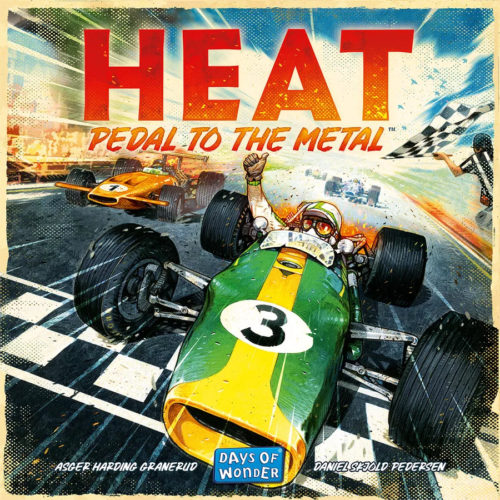
Played another really great game of Heat at the board game meetup. Really tight through the whole race with several switch ups of leader. It came right down to the wire on the final turn. I lost.
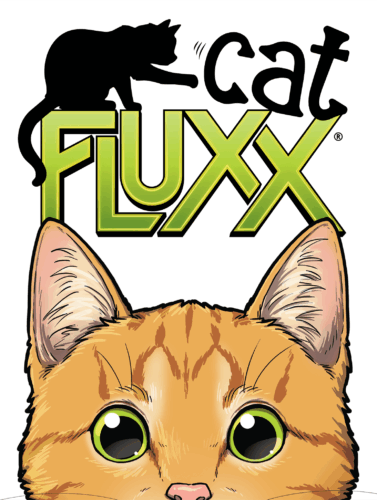
Played a couple rounds of Cat Fluxx. Lost both times.
